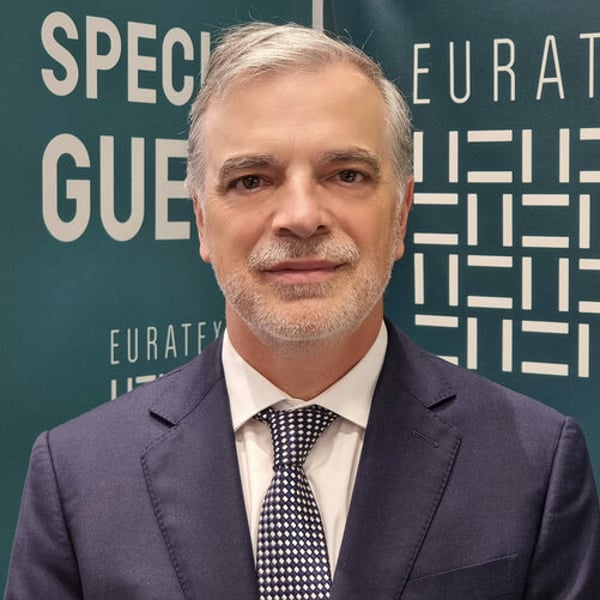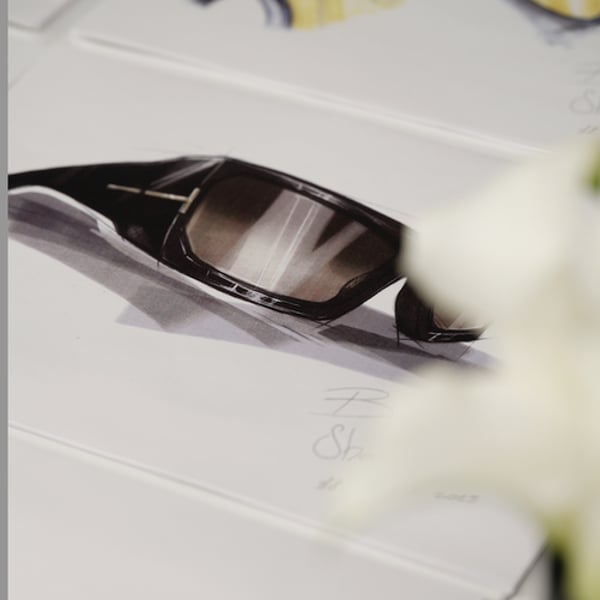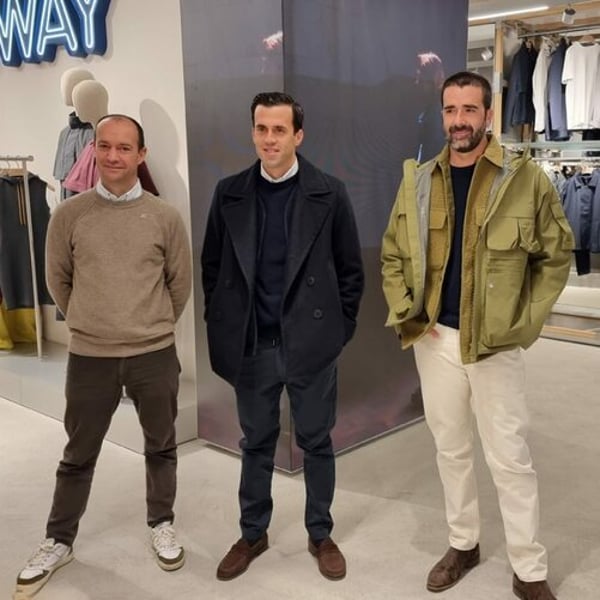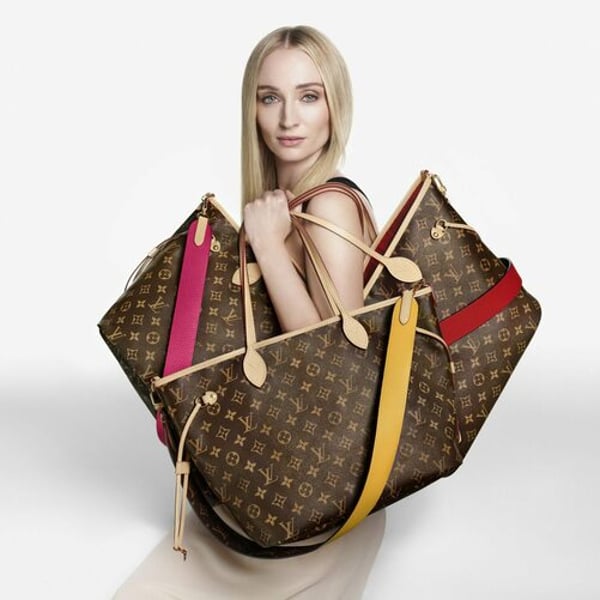Published
September 18, 2025
Mario Jorge Machado, president of the European textile industry confederation Euratex, was in Paris on September 16 to take part in an exceptional gathering of European federations, determined to stand up to the ultra-fast-fashion players Shein and Temu. The battle adds to the fallout from the U.S. tariff war, which is pushing producers in Asia to redirect output to Europe, where manufacturers continue to invest in improving their processes. There is, therefore, an urgent need for political action, the Euratex president tells FashionNetwork.com.

FashionNetwork: The first half of the year was marked by great uncertainty over U.S. tariffs. Do you expect Asian exports to Europe to increase as a result of Washington’s measures?
Mario Jorge Machado: The acceleration of Asian imports is already affecting Europe. Between January and June, European imports from Asian countries rose by 20%–30%. At the same time, prices fell by 15%–20%. This shows that Asian manufacturers are already offloading in Europe the garments they can no longer sell in the U.S. That is another form of unfair competition, because it amounts to product dumping in Europe. And the anti-dumping process is so complicated, so costly and so time-consuming that SMEs are unable to find the means to protect themselves against this new form of unfair competition. We are trying to maintain an open market in Europe, but this enables such unfair competitors to flout our rules and destroy our industry.
FNW: A European industry that invests in improving its production…
MJM: The situation is indeed very dangerous for an industry in which we have invested so much in decarbonisation, innovation, sustainability, reducing water consumption and the management of chemicals. We have done a great deal of work and made huge investments which, ultimately, should be reflected in our products.
And yet we see companies closing and textile jobs disappearing in Europe. We have already seen that over the last eighteen months, around 100,000 textile jobs have been lost in Europe. This is unacceptable. In a sector that employs 1.3 million people, this means that nearly 10% of European textile jobs have gone, and nothing has been done about it.
FNW: Following your election in 2024, you explained the urgent need to establish a fair textile market in Europe. Have there been any developments in this area since then?
MJM: Yes, Euratex is working on this at various levels in Brussels, which involves not only the commission, but also the council and parliament. We have already organised a dinner at the European Parliament with MEPs, to which we invited CEOs from across Europe so they could explain what is happening in the sector. And fairness is indeed a subject we return to frequently. We are also seeing tariff barriers being erected. We do not believe that is the right solution. We continue to believe in treaties, trade, free trade and fair trade. But we cannot play this game alone: if everyone else plays their cards under the table and only Europeans lay theirs on the table, we will lose. We cannot be naïve. We must defend our values and our industry.
FNW: Should we look beyond the textile industry for answers?
MJM: I say this very often: this is not just a problem for the textile industry. Textiles and clothing remain leading industries globally. And it is a sector where we are under unfair attack. We have to defend ourselves against those who do not play fair. How can we do this? As an industry alone, we cannot defend ourselves, because we are subject to the rule of law. It is the rule of law that must protect industry in Europe. We must comply. And that is the right way to proceed. We must comply with social and environmental standards, and with all applicable taxes in Europe. And that is normal. That is how things are supposed to be. But then, as Europeans, we cannot allow those who do not comply with all these rules to come here and sell their products.
FNW: So it’s transparency that should differentiate textile players?
MJM: We advocate transparency. Brands selling in Europe must be transparent about how they produce, both socially and environmentally. And if they do not produce properly—or if, at the very least, they do so abusively—they should not be rewarded for having low costs: their production costs may be low, but the environment pays the price.
Yet European companies that pass the cost of improved production through to the product find themselves squeezed out of the market by brands that do not comply with the same requirements, while their customers have no idea what lies behind the products they buy.
FNW: So there’s still work to be done with European consumers?
MJM: Clothing buyers assume that if they purchase a product and Europe allows it to be marketed, it is safe and regulated. As Europeans, we tend to believe we are protected when we buy something. We think the product is controlled and that we can buy it safely. But that is not true.
Faced with very low-priced products from outside Europe, the European Commission and European politicians are endangering the lives of European consumers by failing to take appropriate safety measures. At the same time, they are rewarding companies that offer cheaper products because they do not pass the real costs on to the price of the product. These companies are rewarded with access to European consumers. In the end, the textile companies that do the right thing are the ones that disappear from the market. This is totally unacceptable. We therefore need action from political leaders.
This article is an automatic translation.
Click here to read the original article.
Copyright © 2025 FashionNetwork.com All rights reserved.







